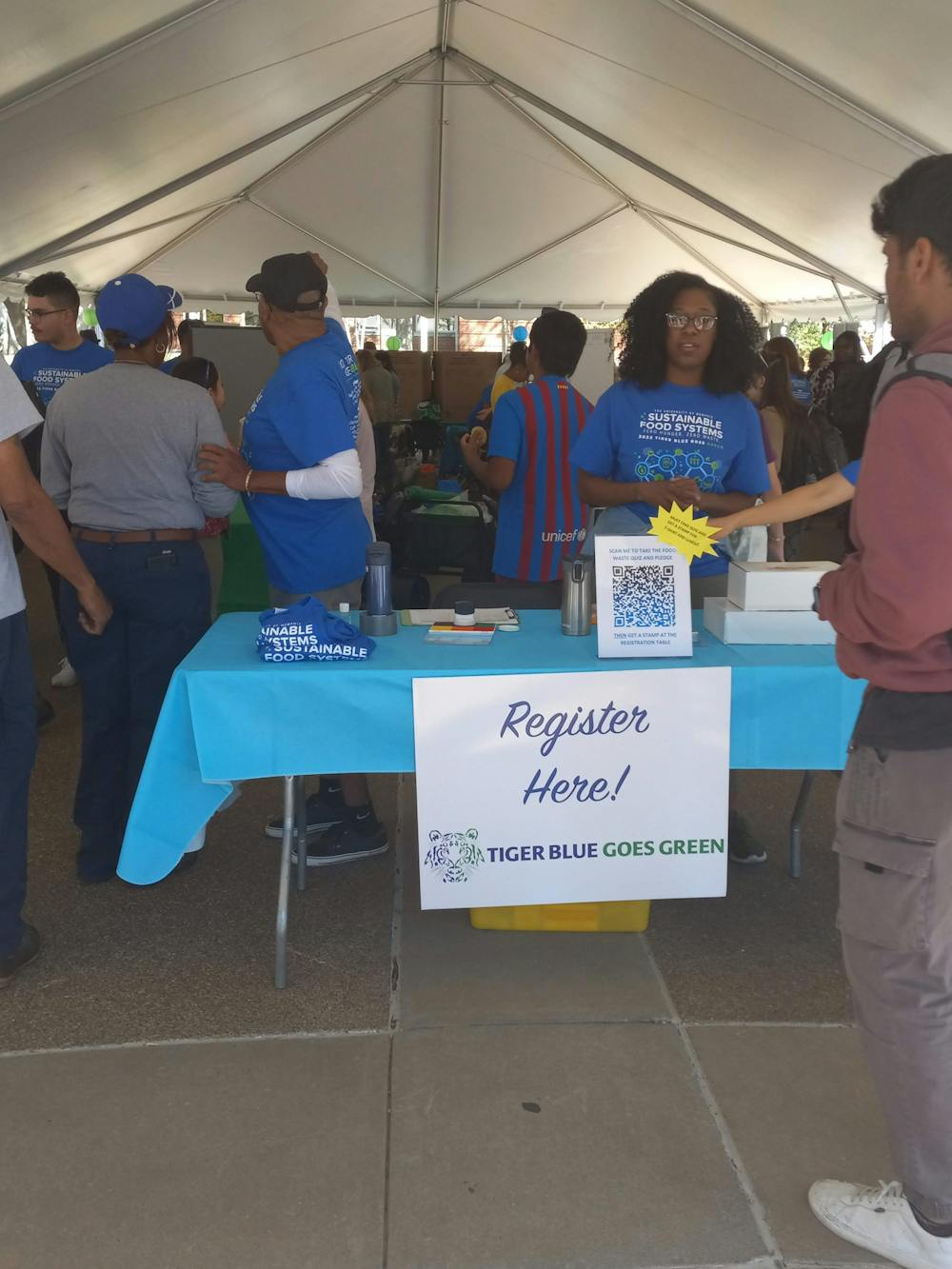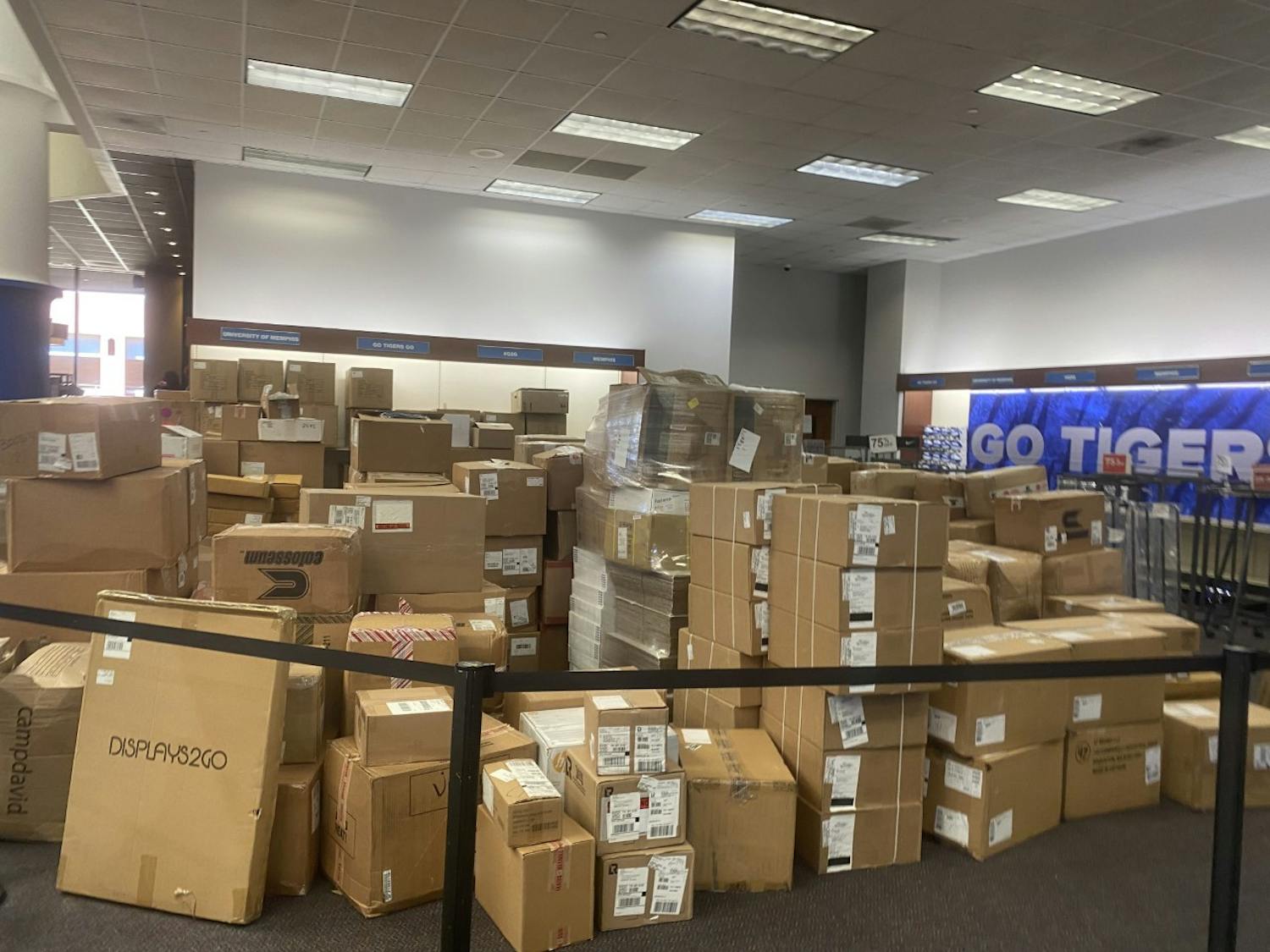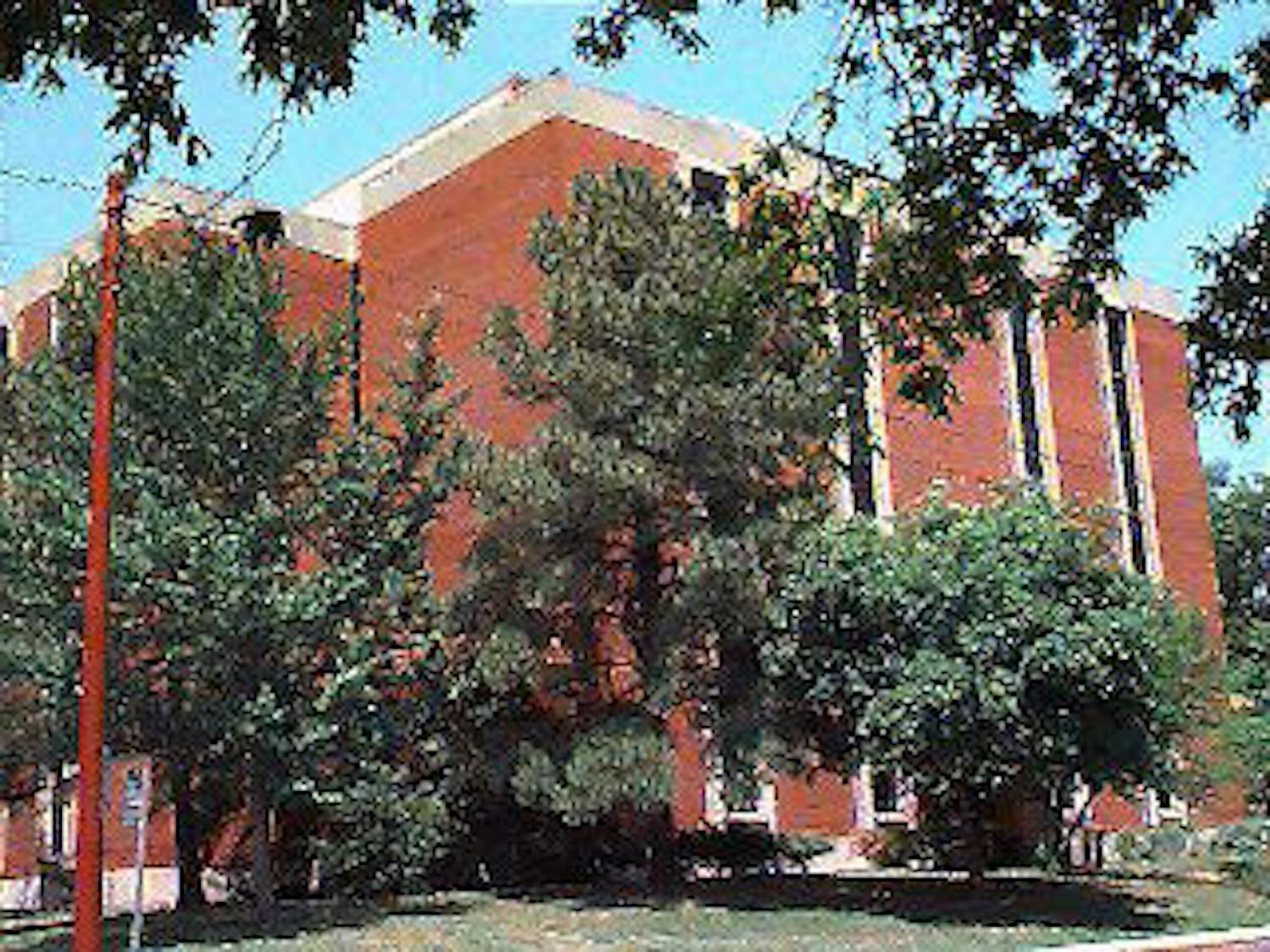The 14th annual Tiger Blue Goes Green exhibition fair, held on Oct. 8th from 10 a.m. to 2 p.m., saw hundreds of students pass through to look at the various exhibits.
But what is Tiger Blue Goes Green?
Dr. Ron Serino, the director of interdisciplinary studies at the College of Arts & Science, explained.
"It's an annual event on campus, operated by the sustainability office of the Physical Plant. They invite groups on campus and off campus to talk about their environmental and sustainability efforts in Memphis and on campus," said Serino.
The focus of this year's fair was "Sustainable Food Systems: Zero Waste and Zero Hunger," which aimed at reducing the amount of food wasted and the number of people affected by food insecurity.
Around 20 organizations participated in this year's exhibition, including the Mid-South Food Bank, U of M Dining, and Keep Tennessee Beautiful.
These organizations included the Food Justice Ministry from First Congregational Church.
Stephanie Rollen is the director of the Food Justice Ministry.
"Food Justice Ministry focuses a lot on rescuing food that is about to go to waste. So what we're doing is we're taking perfectly good food from organizations that are about to throw it away, and we turn it into delicious food for people that are coming by our church. [We're] mostly working for some homeless people who are maybe living in a food desert," said Rollen.
Rollen also talked about how many people the ministry feeds weekly.
"We serve lunch to about a hundred people a day. Monday through Friday. On Wednesdays, we also have a food pantry which helps about 150 families a week."
Rollen added that the food pantry is also open to university students.
There were several interactive exhibits at this year's fair.
For example, sports and leisure management program students demonstrated how to make a smoothie from spinach, greens, lettuce, microgreens, bananas & water.
For those who may have never heard of a microgreen, microgreens are miniature, sprout versions of greens that are harvested before they have matured.
Students showed attendees how to grow their own microgreens, which consisted of evenly spreading the microgreen seeds and applying water to them.
According to the volunteers at the table, the microgreen plant will have fully grown between 1 and 3 inches within two weeks.
Finally, lunch was provided.
But not so fast.
Before eating lunch, attendees were asked to scan a QR code and take a Food Waste Quiz & Pledge, made by Clean Memphis, an organization dedicated to making Memphis "cleaner, greener, and more environmentally sustainable."
After taking the quiz, attendees had to go to the registration desk to get a stamp on their hand to get lunch.
The lunch consisted of turkey sandwiches, vegan sandwiches, chips, apples, oranges, condiments & water.
The entire lunch was 100% compostable, including the paper plates & cups, which can be made into compost and, in turn, be used as a soil fertilizer.
Of course, you don't have to be part of an organization to help reduce food waste & food insecurity.
For more information on all the organizations that participated this year and tips on going green yourself, go to https://www.memphis.edu/bluegoesgreen/contactus.php.




